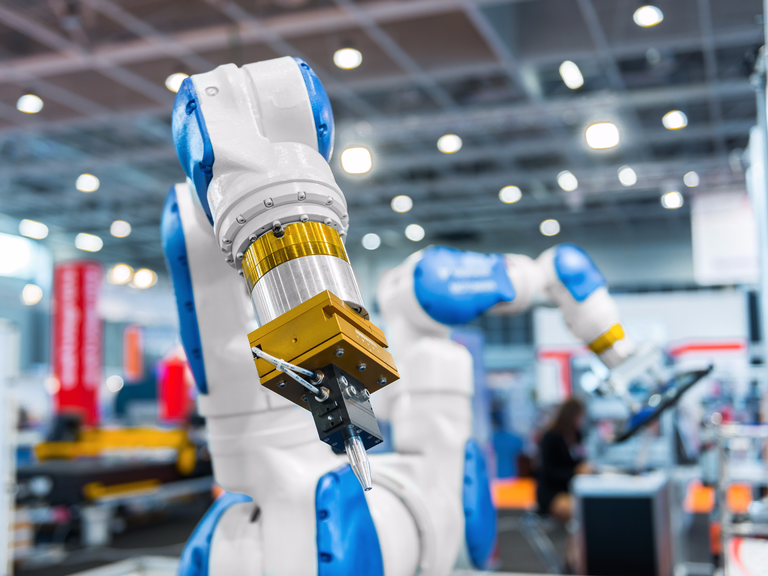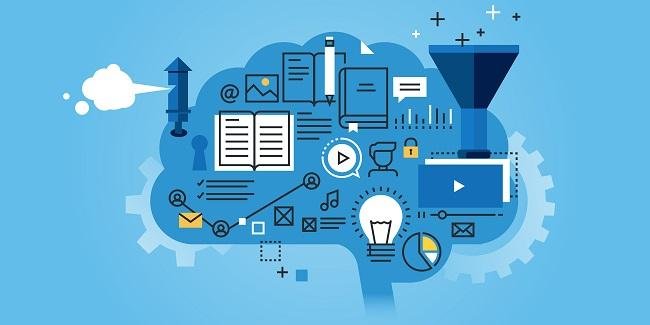
Hey There and welcome to the Part 2 in the series about AI. To check out Part 1 click here. Today we are going to take a look at the different types of AI so let's dive in.
Weak AI

At its core weak AI ,also known as narrow AI, is any AI that can only focus on a specific task and seem intelligent at it. The downside ,however, is that weak AI can only focus on one task. To give you an example, IBM's deep blue ,the chess-playing AI, was a weak AI. It processed millions of moves before it made any move. Today weak AI could be found in factories in the form of robots and in smart phones in the form of Siri.
Strong AI

On the other hand, Strong AI ,also known as general AI, should be able do various tasks. The AI should be able to simulate higher functions of the human brain, be able to use language in a meaningful sense, make decisions, solve problems, self improve and of course show creativity. An AI of this form is still far from being developed soon.
New Form Of AI
![]()
This form of AI that is the middle ground between strong and weak AI. An AI of this kind is inspired by human reasoning but can develop its way of reasoning. Google's Deep Learning ,for example, imitates the brain through neural networks but doesn't depend on it solely. The system uses those neural networks as a part of its machine learning. IBM's Watson is another good example of this AI as it can read information, recognize patterns and build up evidence from the information that it is given to answer a question it has been asked.
What Is Machine Learning

Machine learning is one the most exciting areas in AI. Like a human, the machine aided with software and algorithms should be able to learn various things and become good at them. Unlike a human, the machine won't have to put up with memory loss or being tired. Google's Alpha Go is one of the prominent examples of machine learning as it is the first AI programmed to be good at various tasks and not only become specialized in only one area
So . . . . no offense intended, but you should better know or research your topic before writing . . . .
Your "new form of AI" and the examples given simply are not correct. Watson is pretty much standard weak AI. The Moore's law-increasing horsepower of the underlying machinery (CPU and storage) is most of what allows its surprising performance.
Also, while Google's DeepMind does use other techniques in addition to deep learning (for example, in AlphaGo), deep learning is just neural networks. And, until something really novel is added, neural networks remain weak AI.
Alpha Go is the closest example of what may eventually leave the realm of weak AI because of the methods by which it learns new concepts (or, possibly, Vicarious's new schema-based methods) -- but Strong AI requires a very different architecture than weak AI. If you follow me, I'll be explaining more over the next few weeks and offer an opportunity to get into a strong AI project on the ground floor.
First off thank you for your comment and appreciate your concern
Second of all I think you misinterpreted the aim of the new form of AI section as the goal of that section was to introduce matters like machine learning and neural networks into the discussion
As for Watson being simply a weak AI, I disagree with you as watson is just a little bit stronger than weak AI. Mind that I didn't say that Watson was a strong AI that would be totally false
Thank you for the comment though I will make sure to research more next time
Very good quality post, thanks ☺
Great article :) AI is one of my favourite subjects of research.
Thank you glad you liked it
Well as I am a computer science student so I'm eligible to say that your post is good but could have been better if you had done more research on it though an upvote from me :)
Well you can't hate constructive criticism I will be do more research next time
Great and yeah do mention me in your post or in comment I like AI